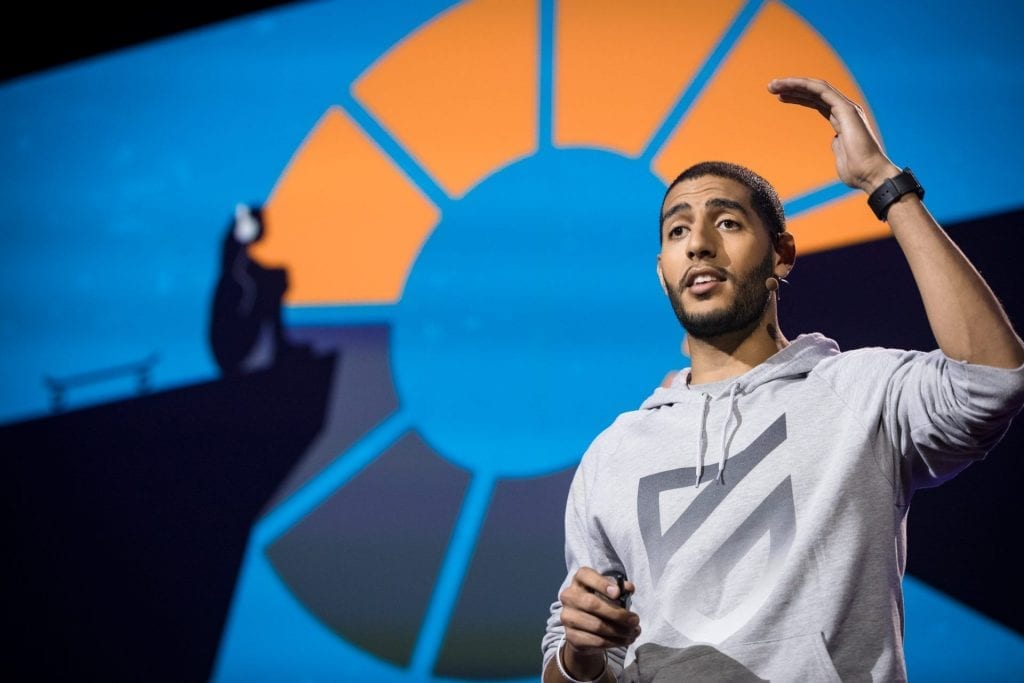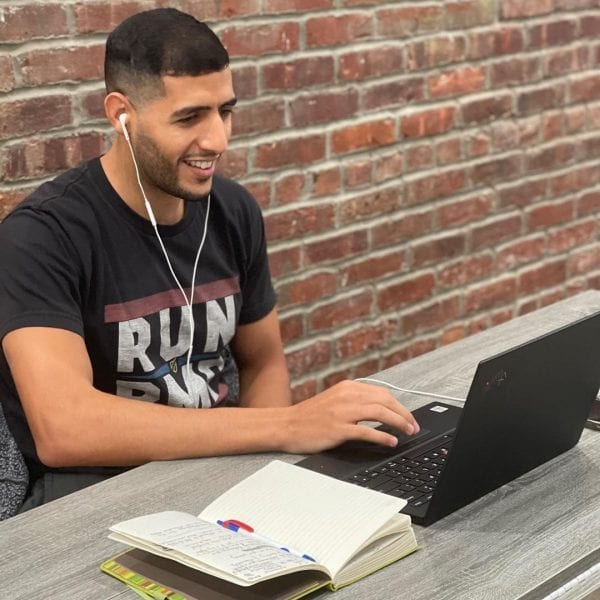In 2010, I read a report that changed my life. McKinsey & Company published a report that highlighted the economic implications of the achievement gap (the disparity in test scores and life outcomes between poor students and their affluent counterparts). At the beginning of my sophomore year at Cornell, I brought together five friends – three of which had attended low-income, inner-city public schools. We all understood that with the proper guidance and resources attending college is possible.
At the time, we shared the idea for Practice Makes Perfect (PMP) with 200+ friends, family members, and mentors – literally anyone who was willing to listen. It was not too long before we received the guidance necessary to launch a program that we believed had the potential to reach thousands of inner-city children. I was an accidental entrepreneur.
If you told me 11 years ago that I would be serving as the CEO of one of New York City’s largest direct-service program providers (operating tutoring, mentoring, after school, summer, and Saturday programs), I would not have believed you. However, nothing gives me more joy and satisfaction than knowing that the work our team does every single day is improving the lives of thousands of children.
My time at Cornell was where my social entrepreneurship journey began and where PMP was created. We started with summer enrichment programs based on the premise that all children, regardless of race or socioeconomic status, have what it takes to compete intellectually in our society. Over the years, our programming has evolved quickly and we began providing in-class tutoring programs and mentoring services. Of course, no one expected COVID-19 or how it would threaten the current education system.

As the CEO of PMP, I decided that we would not shut down our services, and we would not allow a student’s ZIP code to dictate the quality of education they receive. NYC’s students needed us now more than ever. Luckily, many of our school partners worked quickly to deliver devices to students and help them connect to the internet. This encouraged our team to create virtual tutoring services and programming to help tackle the challenges our students faced in a remote learning environment, including the new COVID-achievement gap.
Technology is the only way so many children are connecting with our mentors during this time. Without it, millions of children across the US and thousands of children in our programs would be without the social, emotional, and academic support they need and PMP provides.

At PMP, we like to stay informed on the newest innovations that might be useful for our programs and students. Now, with the focus on virtual learning, we’re currently creating new curricula to make math and ELA concepts more real and launching tools that will better enable online learning.
Our team members at PMP have a lot on their plates each day from making sure our programming works virtually to navigating the pandemic for their own families. We have all embraced technology and are excited by its potential to continue delivering programming online well after the pandemic has ended.
Entrepreneurs have the ability to create something unique and impactful, while serving their community. It’s important for all entrepreneurs to understand that there will be ups and downs throughout your journey, but in order to succeed they need to have tenacity.
While my entrepreneurial journey is constantly evolving, being a resilient leader, especially during times of change, has always been a constant. As CEO of PMP, my focus is to make sure that our goals and employees are always aligned with our purpose. I am proud of our journey so far, but the children we serve every day are what drive me and my team to wake up and push forward to create social change in the education system.
Giving students an advantage regardless of their socio-economic status is why we do what we do.
